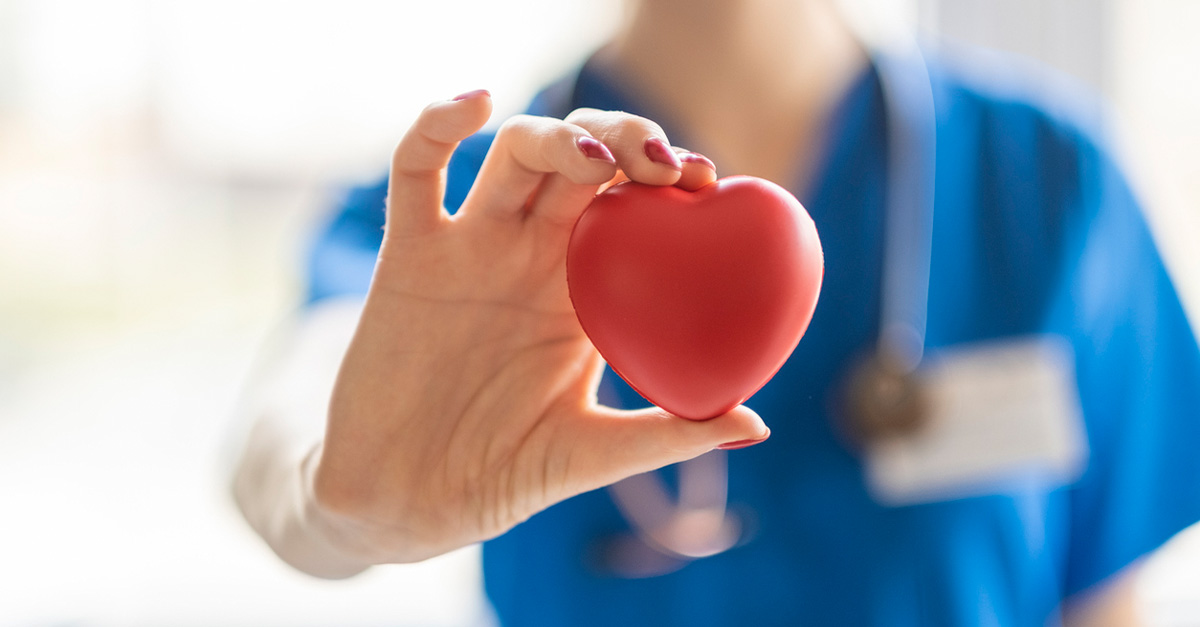Cardiovascular diseases, medical issues related to the heart and blood vessels, are the leading cause of death for both women and men in the United States. In fact, one person dies every 36 seconds in the United States from these conditions. While these statistics are alarming, heart disease is both treatable and often preventable.
There is a wide range of conditions that fall under the category of “cardiovascular” or “heart disease.” With that in mind, it’s vital to know these conditions and their symptoms for early detection.
Arrhythmia
When there is a problem with the rate or rhythm of your heartbeat. It means that your heartbeat is either too fast, too slow, or irregular. In other words, your heart is not pumping blood effectively to your brain, lungs, and other organs.
The most common symptoms of this disease are fatigue, dizziness, rapid heartbeat, chest pain, fainting, and shortness of breath.
Cardiomyopathy
The heart becomes enlarged, thickened, or stiffened due to this disease. If not caught early, this disease can lead to heart failure.
Symptoms include lightheadedness, shortness of breath, dizziness, irregular heartbeats, fatigue, swelling in the ankles, and fainting.
Congenital Heart Defects
While other conditions we describe may develop over time, congenital heart defects appear at birth. Some examples include irregular heartbeats, leaky heart valves, and malformations in heart walls. While these conditions are present at birth, they sometimes are not discovered until later in life.
Coronary Artery Disease
Also called CAD, coronary artery disease causes the hardening and narrowing of your coronary arteries, later causing blockages and restricting blood flow to the heart. This condition is a common cause of heart attacks and strokes.
Symptoms of this disease include chest pain, weakness, pain in the arms, and shortness of breath.
Heart Attack
Probably the most common and well known on this list, a heart attack occurs when the flow of blood to the heart is cut off or severely reduced. This usually occurs due to the build-up of fat, cholesterol, or plaque.
Chest pain, pain in the arms, shortness of breath, and feeling weak are all signs of a heart attack. It’s extremely important that if you’re experiencing any of these symptoms that you immediately call 911.
Heart Failure
When your heart’s pump is weaker than usual and causes blood to move slowly through your body, you’re experiencing heart failure. Symptoms include fatigue, inability to exercise, irregular heartbeat, persistent cough, shortness of breath, and swelling of your limbs.
Peripheral Artery Disease
This disease develops when the blood vessels outside the heart, also called the peripheral arteries, are clogged with fat, cholesterol, and plaque build-up. When this happens, the artery walls narrow, and the flow of blood to your tissues is restricted. This condition is another cause of kidney artery disease, stroke, and heart attack.
Symptoms include painful cramping, cold feet, sores that don’t heal, aching in the feet, leg numbness, and frequent infections.
If you suspect you might be suffering from one of these major heart diseases, please visit your physician as soon as possible. In an emergency, please call 911 or visit your local emergency facility. Early detection is essential when it comes to heart diseases, which is why it’s important to regularly schedule physicals with your physician. You can schedule a visit with one of our physicians by clicking here or calling 770-463-4644.

